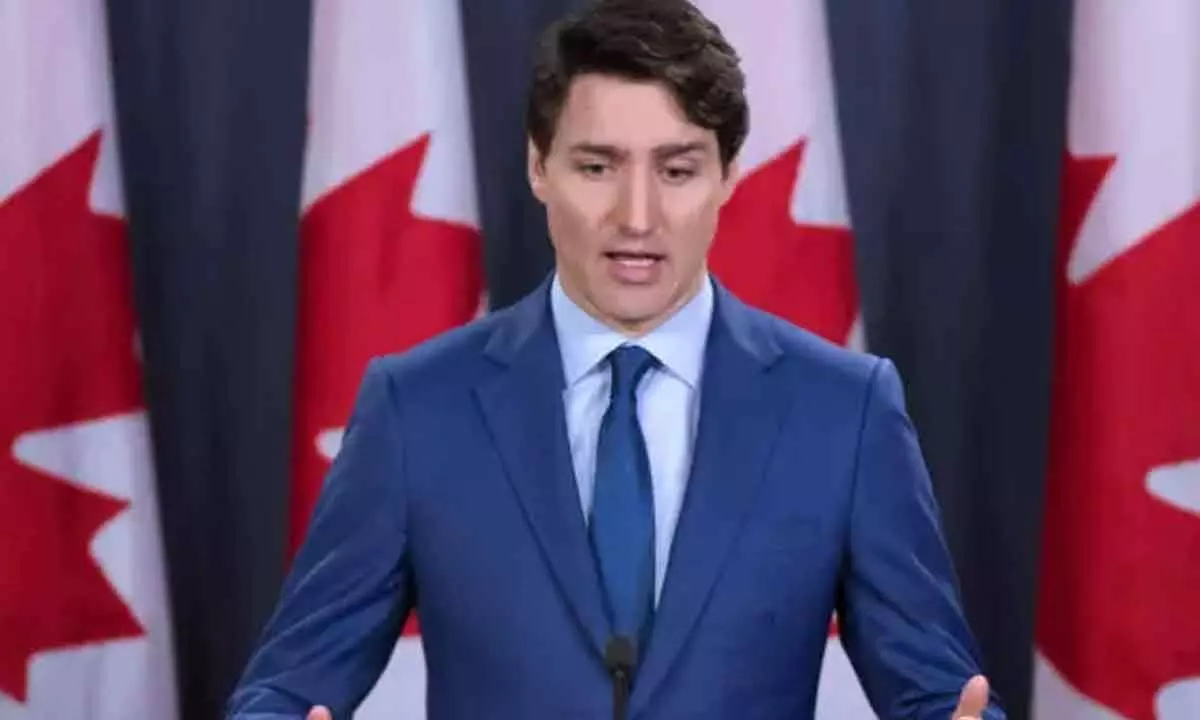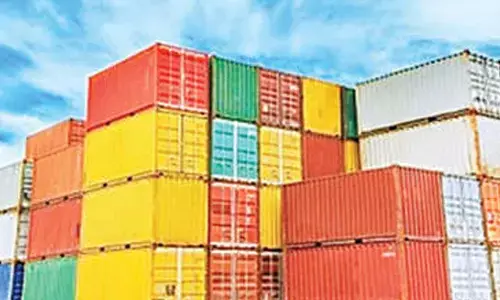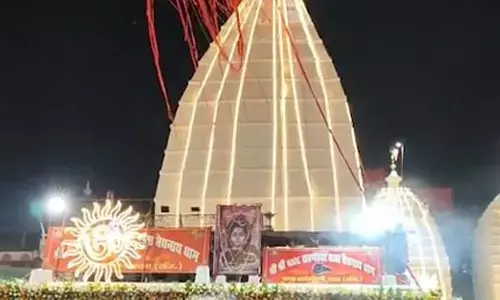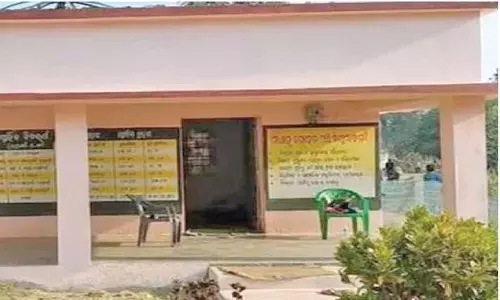Trudeau's Baseless Accusations Against India And The Implications Of Polarization

- Prime Minister Justin Trudeau's unfounded allegations against India in the Hardeep Singh Nijjar case have polarized the Sikh diaspora in Canada and strained international relations.
- This article delves into the political motives behind Trudeau's statements and the potential consequences for India-West cooperation and global security.
Prime Minister Justin Trudeau has, without supporting evidence, accused India of involvement in the targeted killing of Hardeep Singh Nijjar, a proscribed Khalistan Tiger Force (KTF) leader in British Columbia on June 19. This baseless allegation has effectively weaponized radical Sikh elements against India and has created divisions within the Indian diaspora in Canada for political purposes.
Trudeau's unsubstantiated claims have severe repercussions, as pro-Khalistan groups are planning protests outside Indian diplomatic missions in Canada on September 25, potentially targeting the Indian national flag and nationalist Indians residing in the country. Indian diplomats may face threats and harassment, and individuals may be wrongly branded as RAW agents by Sikh radicals.
By using Canadian media to propagate these allegations against India, Trudeau has positioned himself as a favorite among pro-Khalistani factions within Canada. His statements against India could further embolden illegal activities and bolster the status of these groups within the Sikh diaspora. Canada is likely to continue providing shelter to anti-India Sikh radicals, exacerbating divisions among the Indian diaspora, and Trudeau bears responsibility for this damage.
Moreover, Trudeau's actions may have international ramifications. The concerns of Five Eyes countries, including the United States, over the killing of Hardeep Singh Nijjar indicate that Trudeau has drawn these nations against India on this issue. This could lead to a rupture in intelligence-sharing, counter-terrorism operations, and a division within the QUAD. Trudeau appears to be pursuing a divisive agenda that Pakistan has tried unsuccessfully for decades, aiming to unite radical Sikhs and jihadists against India.
Trudeau's rhetoric not only serves his domestic political interests but also risks dividing India-West cooperation, potentially benefiting an assertive China in the Indo-Pacific region, particularly concerning Taiwan. He has failed to take action against pro-Khalistan elements seeking refuge in Canada, despite being presented with extensive dossiers. Instead, Trudeau has intentionally sown discord within the diaspora for personal gain. Even if he cannot substantiate his allegations, the damage is already done, and he has aligned himself with terrorists operating in his own country.










